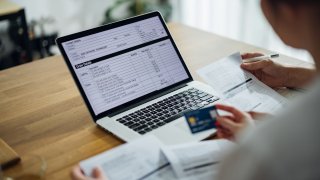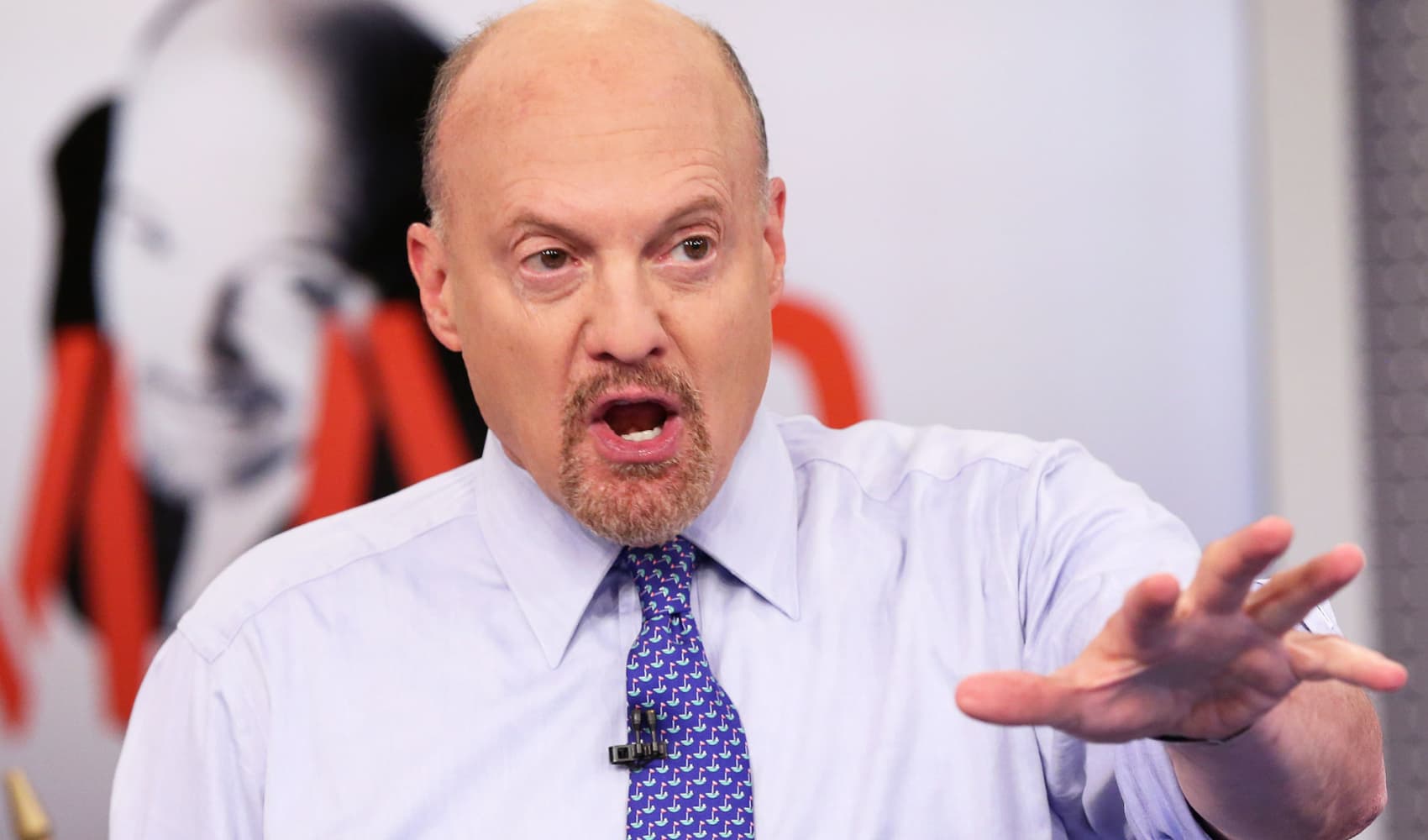
- More Americans are in a bind as inflation forces them to dip into their cash reserves to cover basic necessities.
- A few key financial strategies can help.
Inflation is still taking a hefty toll on households, recent reports show.
Prices continued their upward momentum in January, rising 0.5% for the month and 6.4% over the past 12 months, according to the latest consumer price index data released by the U.S. Bureau of Labor Statistics.
Get Boston local news, weather forecasts, lifestyle and entertainment stories to your inbox. Sign up for NBC Boston’s newsletters.
To make ends meet, 27% of Americans said they've had to take money out of savings and more than half, or 54%, said they used that money to pay for everyday expenses, such as groceries and rent, the recent Country Financial Security Index found.
More from Personal Finance:
What is a 'rolling recession' and how does it impact you?
Almost half of Americans think we're already in a recession
If you want higher pay, your chances may be better now
Roughly 64% of Americans are now living paycheck to paycheck, according to a LendingClub report — up from 61% a year earlier and in line with the historic high first hit in March 2020.
"Inflation has shredded household budgets over the past two years, and not just when it comes to one-off discretionary expenses or special occasions, but for keeping up with day-to-day bills," said Greg McBride, chief financial analyst at Bankrate.com.

Overall, Americans feel less financially secure than they did at the end of 2022, Country Financial also found.
Money Report
Even though wage growth is high by historical standards, it isn't keeping up with the increased cost of living.
Average hourly earnings fell 0.2% in January and were down 1.8% from a year ago, according to a separate BLS report that adjusts wages for inflation.
How to stay on track
"There's a great deal of economic risk right now, and if you're borrowing from your future or someone else to cover expenses, an economic slowdown could be worse for you than it has to be," said Howard Dvorkin, CPA and chairman of Debt.com.
Experts often recommend starting with a basic budget. "With utilities, rent and food all at record-time highs, anywhere you can plug a budget leak will help you increase your cash flow," Dvorkin said, especially when it comes to high-interest debt.
Credit card rates, in particular, are now near 20%, on average — a record. Those annual percentage rates will keep climbing, too, as the Federal Reserve continues raising its benchmark rate.
If you currently have credit card debt, tap a lower-interest personal loan or 0% balance transfer card and refrain from putting additional purchases on credit unless you can pay the balance in full at the end of the month and even set some money aside.






